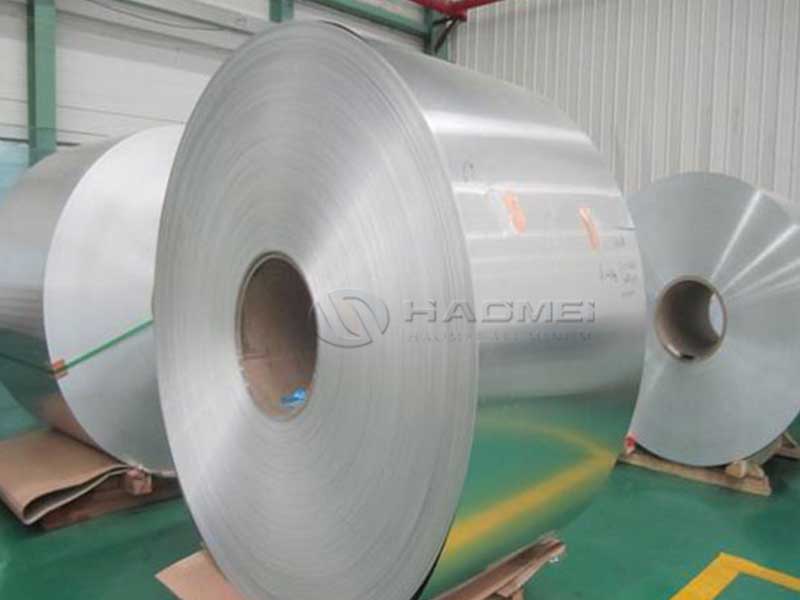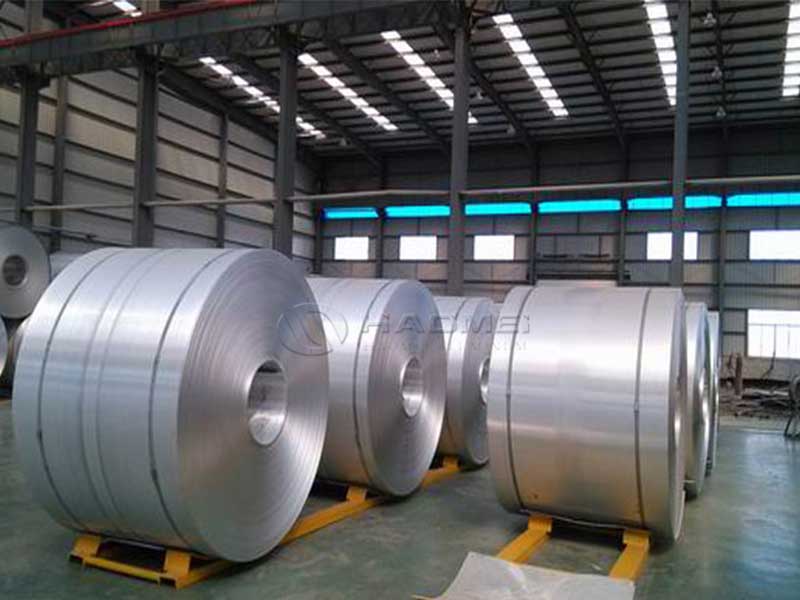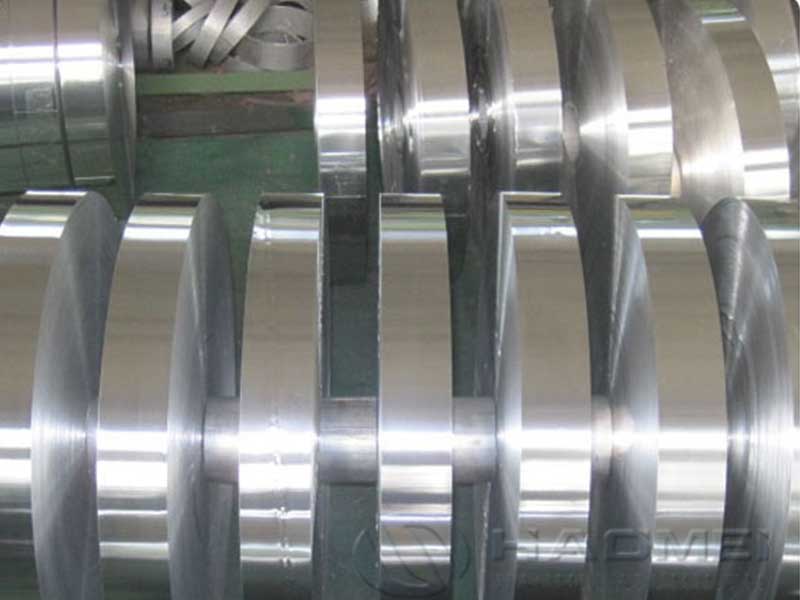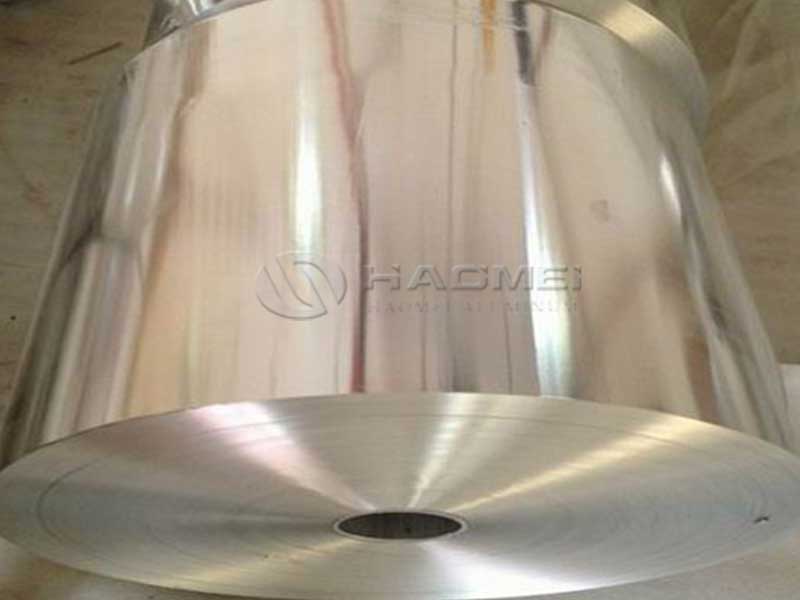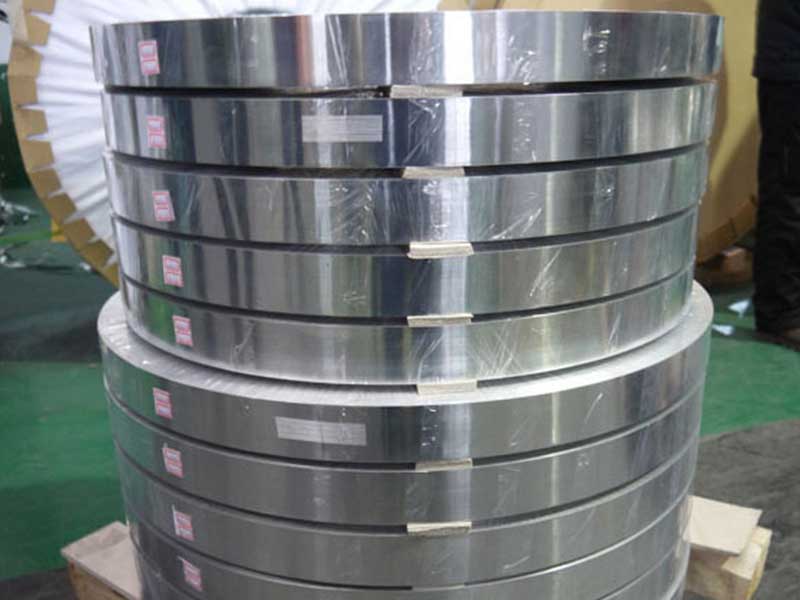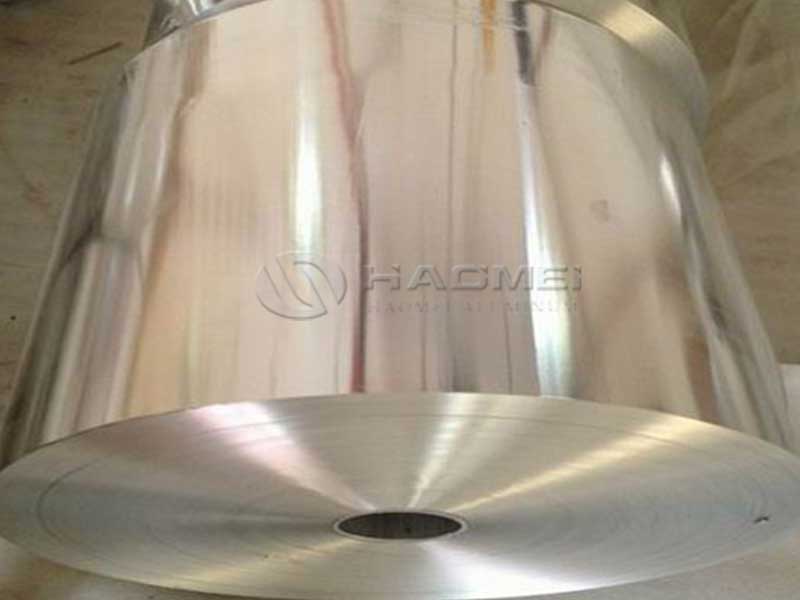Aluminum foil 1100 3003 5052 5754 5083 6061
Aluminum foil has become a staple in modern life, whether it's in the kitchen wrapping leftovers or as a component of cutting-edge aerospace technology. Yet, fewer people are aware of the nuances that various aluminum alloys bring to the table. Alloys such as 1100, 3003, 5052, 5754, 5083, and 6061 exhibit distinct properties catering to a wide range of specialized applications.
Aluminum Alloy 1100: The Culinary Champion
Alloy 1100 is renowned for its excellent formability and high thermal conductivity, making it an ideal player in the food service industry. Its non-toxic nature and outstanding resistance to corrosion contribute to its popularity in kitchen applications. Aluminum foil in this alloy dramatically enhances convenient cooking and baking. From lining trays to wrap food, it preserves flavor while ensuring a seamless cooking experience. This masterpiece of purity (minimum 99% aluminum) is a preferred choice for manufacturers of aluminum foil packaging where minimal thickness and optimal flexibility are paramount.
Aluminum Alloy 3003: The Older Sibling of Steel
3063 aluminum foil stands out due to its enhanced strength compared to 1100. It combines moderate strength, excellent workability, and resistance to corrosion, making it the preferred choice in commercial and residential applications. The high anti-corrosive nature makes 3003 an effective choice for heating equipment and appliances. Its enhanced malleability makes it an exciting option for decorative foils in architecture or acoustic applications. Think of cozy cafes with aluminum accents—3003 plays a subtle role in making ambiance come alive!
Aluminum Alloy 5052: Excellence in Marine Ways
Moving into marine environments, where salt spray and challenging weather are the norms, we have the formidable 5052 alloy. This high-strength aluminum alloy is known for its outstanding resistance to corrosion and superior weldability. Because of its higher content of magnesium, the 5052 has what it takes to thrive in harsh oceans. Corrosion resistance allows it to be used in boat construction, pressure vessels, and marine fittings. It also enjoys time in food transportation where sanitary conditions are a must without compromising the integrity of the alloy.
Aluminum Alloy 5754: Strength Meets Flexibility
Notably, aluminum alloy 5754 serves its purpose well within the automotive industry. Its balance of strength, corrosion resistance, and formability allows it to be utilized in vehicle bodies. When you hop into a car, you've likely encountered 5754 in structural parts such as floor pans, forming a piece that combines efficiency with durability. Its enhanced features also make it a reliable choice for producing aluminum foil for architectural applications, adding a touch of aluminum magic to buildings.
Aluminum Alloy 5083: The Tough Protector
For those heavy-duty applications demanding robustness, alloy 5083 excels. With exceptional performance in extreme conditions, this alloy is appealing for use in shipbuilding, pressure vessels, and cryogenic tanks. Its exceptional resistance against seawater corrosion and strain hardening phenomenon, alongside weldability, amplifies its value in structural applications. When you contemplate seamless sheets of foil, 5083 strikes the right balance, affording unparalleled levels of strength and toughness.
Aluminum Alloy 6061: The All-Rounder
Lastly, alloy 6061 operates across a spectrum of genres, from automotive to aerospace industries. With medium-to-high-strength capabilities paired with excellent machinability, it is suitable for various applications. Yet, it holds valuable advantages in lightweight and structural applications. Producing aluminum foil from 6061 blends the assurance of strength with employability across projects ranging from motorcycles to the most focused aviation trends.
https://www.alusheets.com/a/aluminum-foil-1100-3003-5052-5754-5083-6061.html

